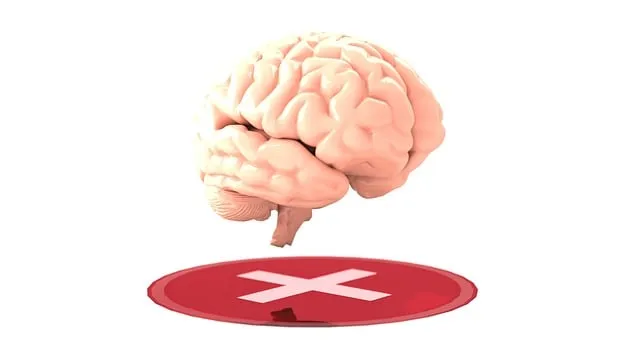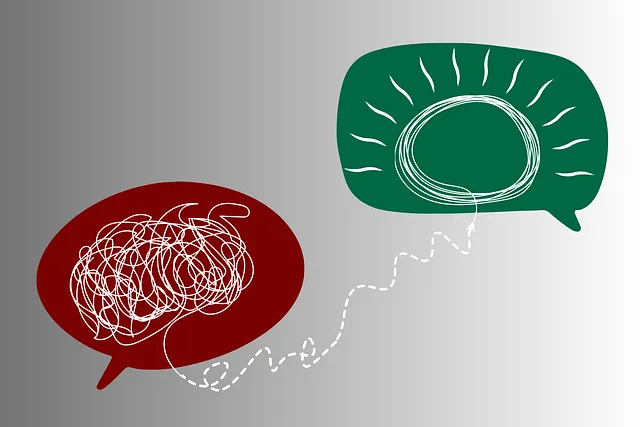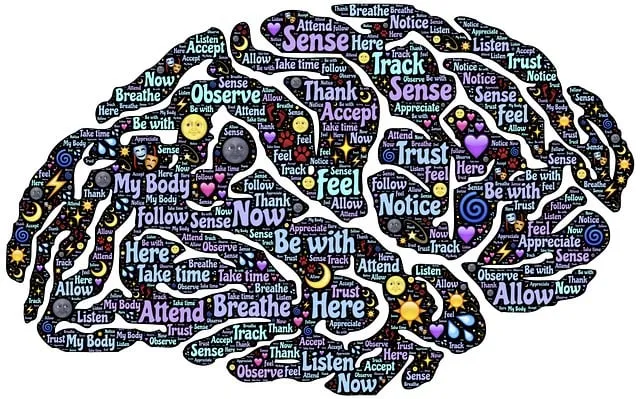Superior Kaiser Permanente behavioral health providers play a pivotal role in promoting overall well-being through mood regulation techniques. They empower individuals with self-awareness, teaching them to recognize and manage emotional triggers. By integrating mindfulness, cognitive reframing, and wellness activities, these providers help develop healthier coping strategies. Self-esteem improvement and compassion cultivation are key aspects of their approach, fostering emotional resilience and positive inner dialogues. Through evidence-based practices, tailored treatments, and cultural competency training, they offer specialized care while encouraging self-care routines like exercise, meditation, and conflict resolution techniques for long-term mood stability and enhanced well-being.
Mood regulation is a cornerstone of overall well-being, enabling individuals to navigate life’s challenges with resilience. This article explores strategies for managing moods effectively, offering insights that can significantly enhance mental health and quality of life. We delve into the foundational role of understanding mood dynamics, highlighting the expertise and techniques employed by the superior Kaiser Permanente behavioral health providers. Additionally, practical daily strategies are presented, empowering readers to take charge of their emotional well-being.
- Understanding Mood Regulation: A Foundation for Well-Being
- Kaiser Permanente Behavioral Health Providers: Expertise and Techniques
- Practical Strategies for Daily Mood Management
Understanding Mood Regulation: A Foundation for Well-Being

Understanding Mood Regulation is a cornerstone of overall well-being. It involves recognizing and managing our emotional states effectively, ensuring we can navigate life’s ups and downs with resilience. Superior Kaiser Permanente behavioral health providers emphasize that this process begins with self-awareness – understanding what triggers our moods and how they impact our thoughts and behaviors. By developing this insight, individuals can cultivate healthier coping mechanisms, such as mindfulness practices, cognitive reframing, or engaging in activities that promote mental wellness.
Self-esteem improvement plays a significant role in mood regulation. The support and guidance from Kaiser Permanente’s behavioral health professionals helps individuals challenge negative self-talk and build a more positive inner dialogue. Additionally, compassion cultivation practices have been shown to enhance emotional resilience by fostering a sense of connection and empathy towards oneself and others, contributing to a more stable and contented state of being.
Kaiser Permanente Behavioral Health Providers: Expertise and Techniques

The superior Kaiser Permanente behavioral health providers are renowned for their expertise in a wide range of evidence-based techniques designed to effectively regulate mood and promote mental wellness. These professionals are adept at integrating various therapeutic modalities, tailoring treatments to meet the unique needs of each individual. From cognitive behavioral therapy (CBT) to mindfulness practices, they offer comprehensive solutions that address both short-term emotional crises and long-term mental health goals.
One notable aspect of their approach is the emphasis on cultural competency training, ensuring that care is sensitive and effective across diverse populations. Empathy building strategies are at the core of their practice, fostering deep connections between providers and clients. Additionally, they provide guidance on Mental Wellness Journaling Exercises, empowering individuals to gain insights into their emotions and track progress over time. This holistic approach ensures that each patient receives personalized support for optimal mood regulation and enhanced overall well-being.
Practical Strategies for Daily Mood Management

Maintaining a stable mood on a daily basis can be challenging, but with practical strategies, it’s achievable. Superior Kaiser Permanente behavioral health providers emphasize the importance of self-care routines for managing emotions effectively. This includes setting aside dedicated time for activities that promote relaxation and stress reduction, such as exercise, meditation, or engaging in hobbies. Establishing consistent sleep patterns is another crucial aspect; a well-rested mind is better equipped to handle emotional fluctuations throughout the day.
Additionally, conflict resolution techniques and crisis intervention guidance can significantly aid in mood regulation. Learning healthy ways to navigate interpersonal conflicts and manage intense emotions can prevent escalation and foster mental wellness. Incorporating these strategies into daily life empowers individuals to take charge of their emotional well-being, ensuring a more balanced and positive state of mind.
In conclusion, mood regulation is a crucial aspect of overall well-being. By understanding the fundamentals as discussed in this article, individuals can effectively navigate their emotional states. The expertise and techniques offered by Superior Kaiser Permanente behavioral health providers serve as valuable tools for managing moods daily. Practical strategies outlined here empower folks to take control, fostering resilience and enhancing quality of life.






